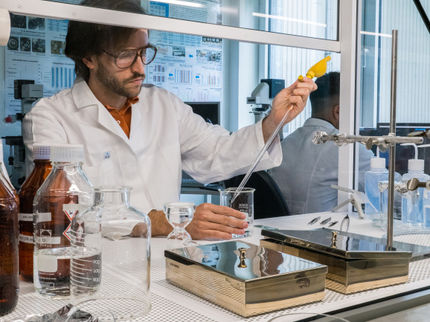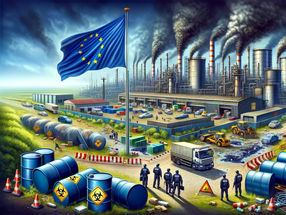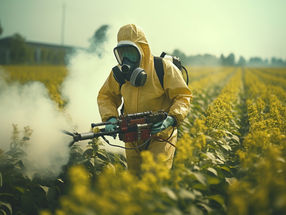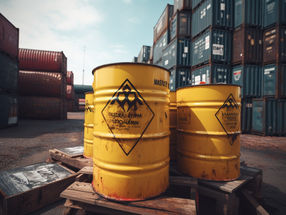ECHA starts work on persistent organic pollutants
ECHA starts working on scientific, technical and administrative tasks to identify and regulate persistent organic pollutants (POPs). These substances remain in the environment, bioaccumulate through the food chain, and pose a risk to the environment and human health. Due to their intrinsic properties, they can be transported across long distances, far from the locations where they have been produced or used.
The POPs Regulation bans or severely restricts the production and use of persistent organic pollutants in the European Union. The Agency will support the identification of new POPs substances. It will also act as an interface for reporting duties on implementing the regulation. This includes compiling and publishing information from the Member States on uses, volumes, releases, monitoring data, stockpiles and waste related to POPs, as well as supporting the Commission to review and update the future activities to further progress in combatting the risks caused by POPs.
Other tasks include promoting an exchange of information on POPs between various EU actors and third countries, helping the Commission’s work in the Stockholm Convention’s POPs Review Committee and supporting EU enforcement activities through ECHA’s Enforcement Forum.
In 2020, ECHA will integrate data on POPs to its chemicals database. This enables easier access to regulatory and hazard-related information on the substances that are being proposed as POPs and the substances that are already listed under the POPs Regulation. POPs are regulated worldwide by the Stockholm Convention and the Aarhus Protocol. These pieces of legislation are implemented in the European Union by the POPs Regulation.
Other news from the department politics & laws

Get the chemical industry in your inbox
By submitting this form you agree that LUMITOS AG will send you the newsletter(s) selected above by email. Your data will not be passed on to third parties. Your data will be stored and processed in accordance with our data protection regulations. LUMITOS may contact you by email for the purpose of advertising or market and opinion surveys. You can revoke your consent at any time without giving reasons to LUMITOS AG, Ernst-Augustin-Str. 2, 12489 Berlin, Germany or by e-mail at revoke@lumitos.com with effect for the future. In addition, each email contains a link to unsubscribe from the corresponding newsletter.





























































